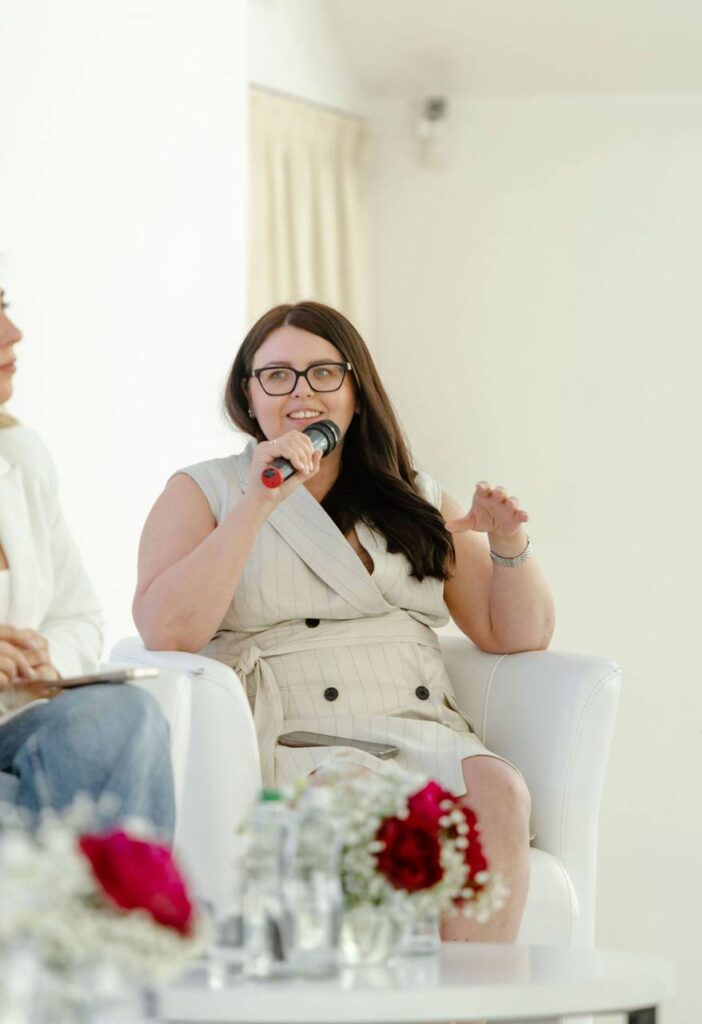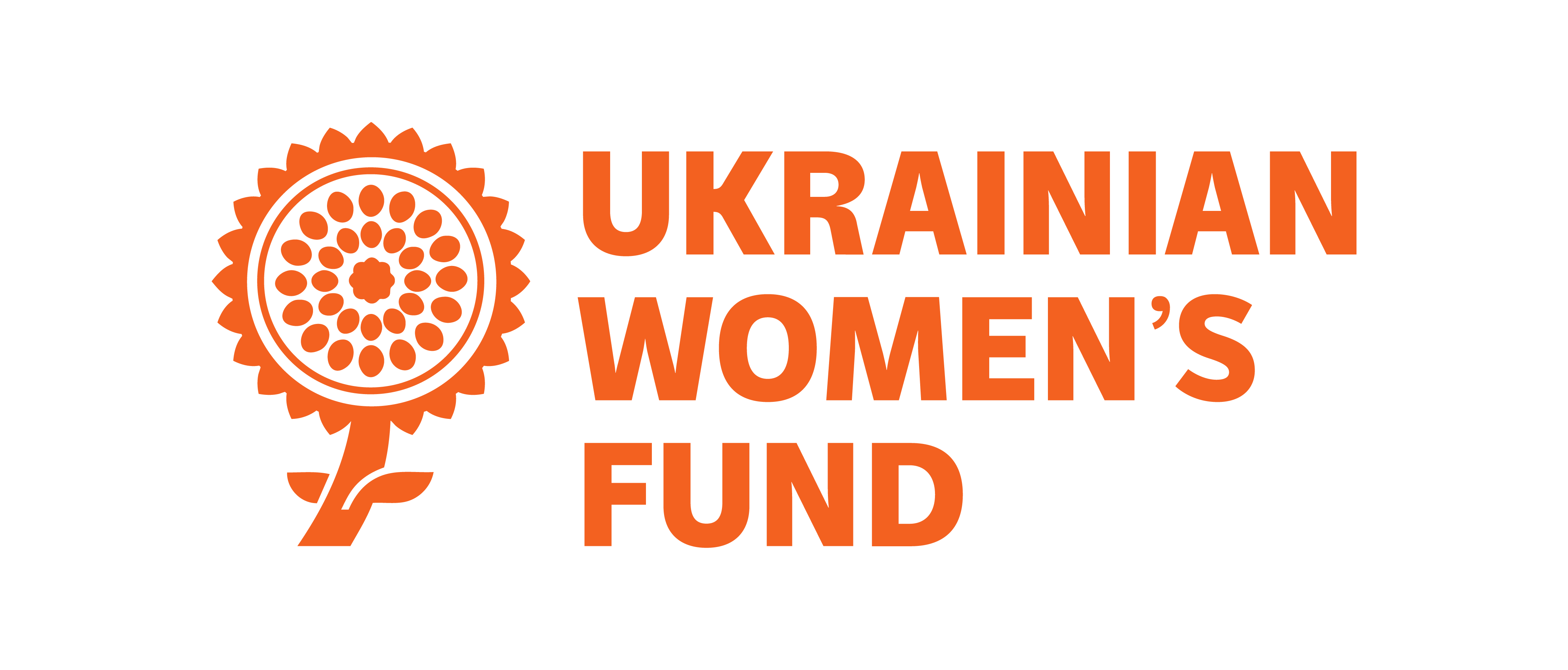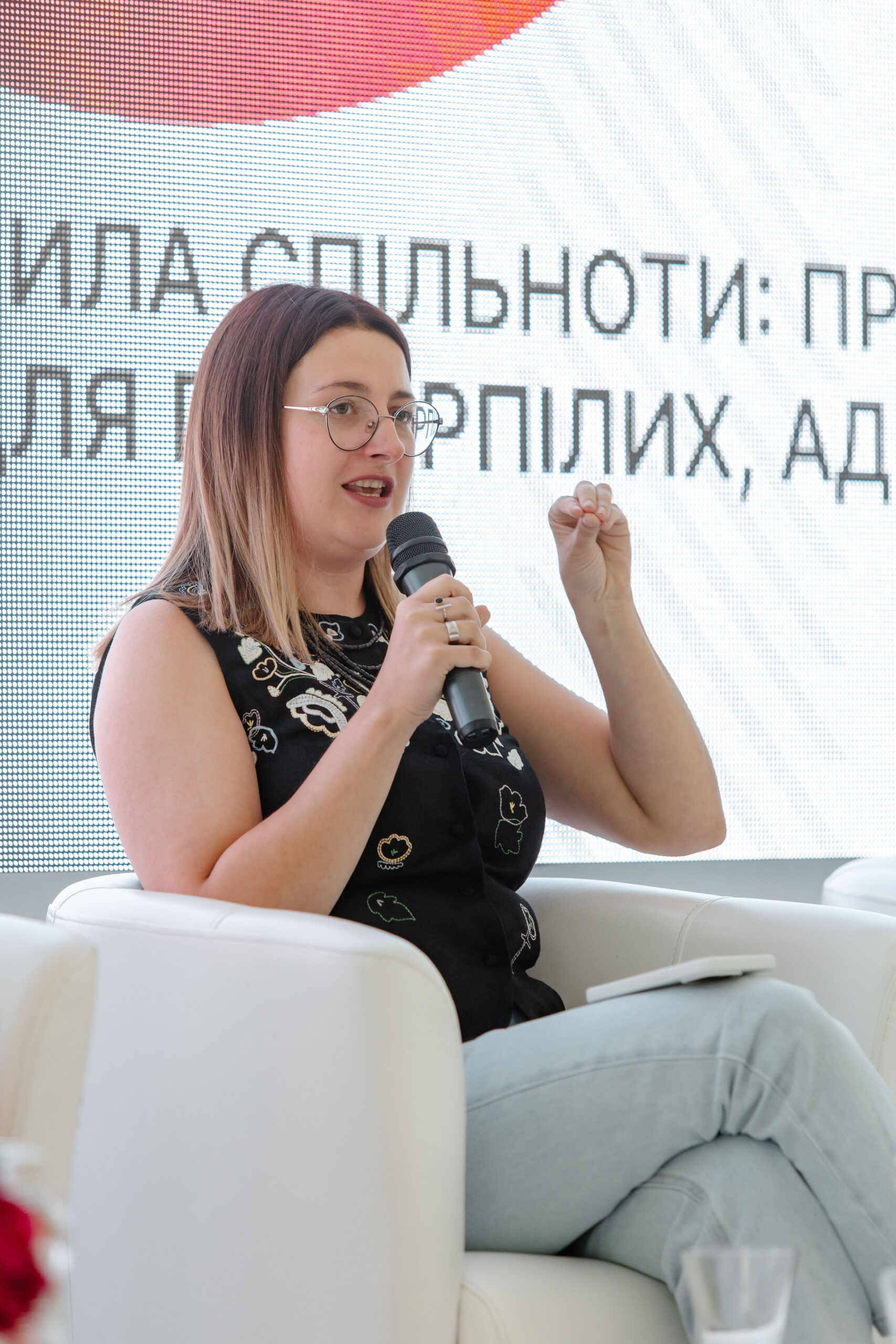“The EU Directive sets out minimum standards — the baseline that must be guaranteed, while additional elements can be implemented at each state’s discretion,” explained Yaryna Voloshyn, Head of communications at JurFem.
The analysis was essential, as Ukraine is on the path to European integration and therefore must harmonise its legislation with EU standards. The Directive, in particular, emphasises survivor-centred approaches that take into account individual needs, vulnerability, and the right to protection and confidentiality.
“And since we, along with many of our partners, are working to implement such approaches in Ukraine, it would be unwise to ignore the useful mechanisms that already exist and could help build these victim-centred models. That is precisely why we conducted this analysis — to understand exactly what these minimum standards are and what the Directive is really about,” explains Yaryna Voloshyn.
The need to study and implement this Directive is driven by several factors. First and foremost, it is the issue of bringing national legislation in line with EU standards and thus improving the latter with a focus on the rights and needs of victims, taking into account the specifics of interaction between representatives of the legal community and victims.
“For example, if a child is a victim of violence and one of the parents is the perpetrator, can we be sure that the other parent will act in the child’s best interests? Because situations are different, sometimes people believe that it is better to keep conflicts in the family inside. Conflicts of interest may arise, and such situations must be resolved, and the Directive suggests how to do this,” explains Yaryna Voloshyn.
Important opportunities proposed by the Directive include interrogation by a person of the same gender, creating a safe environment, ensuring confidentiality and providing comprehensive assistance: medical, psychological and legal.
“These crimes are overly sensitive and stigmatised. That is why people often do not report them, not even because of imperfect legislation, but because they are afraid that someone will find out about their case. So far, we do not have a fully-fledged approach, but Ukraine is definitely on the way to it,” says Yaryna Voloshyn.
Following the analysis, JurFem’s team, together with representatives of the General Prosecutor’s Office, developed minimum standards for investigating sexual violence crimes.
Subsequently, a national conference was held on justice for victims of gender-based violence, where they presented their work on standards for pre-trial investigation of criminal proceedings for criminal offences related to domestic violence.
“Many of these standards are based on the Directive. They were presented in November of last year. We expect that they will soon be approved and fully integrated into practice. However, we already know that many of our partners in law enforcement are trying to implement these standards in their work. This is about a human-centred approach,” concludes Yaryna Voloshyn.
Ultimately, JurFem experts joined the development of Draft Law No. 12297, which incorporates the standards of the Directive into Ukrainian legislation and strengthen the implementation of the norms of the Istanbul Convention previously ratified in Ukraine.
“The mentioned Directive provides clarity on the framework and directions for improving legislation. At the same time, Draft Law No. 12297 aims — taking into account the principles and approaches of the Directive — to also introduce into national legislation the guarantees set forth in another international document, the Istanbul Convention. This draft law has been developed over the past two years by a working group under the Ministry of Internal Affairs, which included both government representatives — from the Ministry of Internal Affairs, the National Police, and the Office of the Prosecutor General — and civil society organisations. The draft law is comprehensive and seeks to regulate issues that have not yet been fully implemented in Ukraine’s national legislation,” says Kateryna Shunevych, Head of the Analytical Centre JurFem.
 The draft law is currently under review by the relevant parliamentary committee and is expected to be supported.
The draft law is currently under review by the relevant parliamentary committee and is expected to be supported.
JurFem continues to work systematically on the implementation of victim-centred approaches in the justice system, guided by European standards. Thanks to analytics, cooperation with partners and the development of regulatory changes, Ukraine is getting closer to creating an effective victim protection system.
The material was produced in framework of the Action “Network of gender think tanks: capacity development for advanced policy design, impact assessment, strategic advocacy, and specialized policy communications” implemented by the Ukrainian Women’s Fund with the support of the European Union. Contents of the publication are the sole responsibility of UWF.

